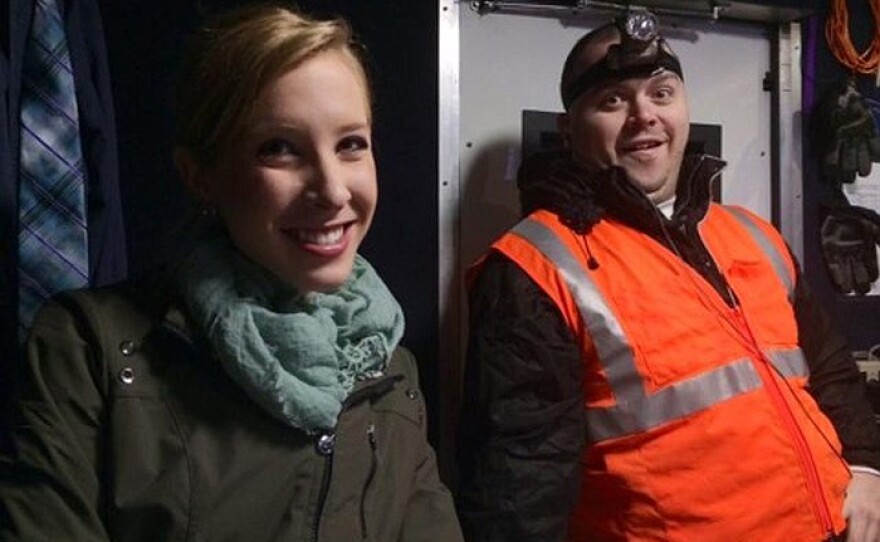Violence in the workplace is not uncommon: An Occupational Safety and Health Administration study shows about 2 million workers in the United States report being victims of workplace violence every year.
Workplace violence ended in tragedy on Wednesday in Virginia when a man shot and killed WDBJ's reporter Alison Parker and videographer Adam Ward. Authorities said the man was former employee Vester Lee Flanagan.
San Diego has seen a number of notorious shootings by people who turned their guns on current or former co-workers: the postal worker who killed two co-workers in Escondido in 1989, a former employee of General Dynamics who killed a company labor representative in 1992, and more recently, in 2009, an MTS employee who reportedly told his coworkers "nobody's going to leave" before killing two of them in a parking lot.
Wendy Patrick, business ethics lecturer at San Diego State University and deputy district attorney, said employers need to look deeper into the history of a prospective employee.
"One of the things you could look at is public record," Patrick told KPBS Midday Edition on Thursday. "There was an enormous amount of litigation that this man (Flanagan) was involved in. So, the issue is how much can we actually capture before we hire someone with kind of a checkered past."
But it's not just an applicant's history that employers should investigate.
David Peters, a family therapist, said Flanagan had greater problems including the fact that work was his life — rather than work being one aspect of his life.
"This gentleman was having a greater issue because he had no place in society (after he was fired)," Peters said. "When the lone wolf is ejected out of the pack — now they are truly alone."
Patrick said all employers have the responsibility of ensuring their employees are safe.
"All work places have to be safe," Patrick said. "They almost have to know more of the backgrounds of employees. People don't get magically turned into serial killers but someone like this man, who is already predisposed, perhaps colleagues can sense."









